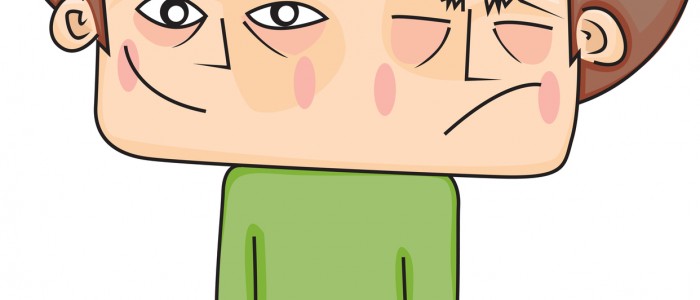What is Bipolar Disorder?
Bipolar disorder, also known as manic depression, is a serious mental disorder marked by alternating periods of depression and elation. It causes changes in sleep, moods, thinking and behavior. There are two types of bipolar disorder – bipolar I (BPI) and bipolar II (BPII). A person must have experienced at least one major depressive episode lasting two weeks or longer for both types of bipolar disorder. What sets them apart is the mania or elation that may be experienced.
Bipolar I is the more severe of the two bipolar disorders and includes the elation or mania that is the high of the disorder. The highs tend to last longer, are more severe and psychotic episodes are more likely to happen. Someone with Bipolar I is more likely to be hospitalized than someone who has Bipolar II.
Bipolar II is similar but with less severe manic episodes and no psychotic experiences.
It is possible for someone with bipolar II to progress to bipolar I, but it is not a certainty. Individuals with bipolar II can control their disorder. The longer one goes without a full blown manic episode after diagnosis the less likely it is that they will progress to bipolar I. So it is important to control the disorder through healthy living. Get regular exercise, refrain from psychoactive drug use and practice stress relief techniques. All of these can help control the disorder.
An individual must have five or more of the symptoms below to be diagnosed with bipolar disorder with at least one of the symptoms being depressed mood or loss of interested or pleasure. Symptoms of bipolar disorder include:
- Depressed mood
- Feeling hopeless or worthless
- Insomnia
- Reduced or loss of interest in things that used to provide pleasure
- Fatigue
- Lack of ability or lowered ability to concentrate
- Restlessness or slowed behavior
- Weight loss when not dieting or weight gain
- Thoughts of death or suicide
Treatment for bipolar disorder includes medication and psychotherapy. Bipolar disorder is a long term condition that requires long term treatment by a professional.
If you believe you might suffer from bipolar disorder it is important to seek medical attention right away. Bipolar disorder is a serious mental illness which can result in death if not treated properly. Bipolar disorder does not get better on its own. There is no cure for bipolar disorder, but there are ways to manage it.
Suicidal thoughts are not uncommon in people with bipolar disorder. If you think you may hurt yourself or attempt suicide call 911 or the suicide prevention hotline at 1-800-273-8255.


Comments are closed.